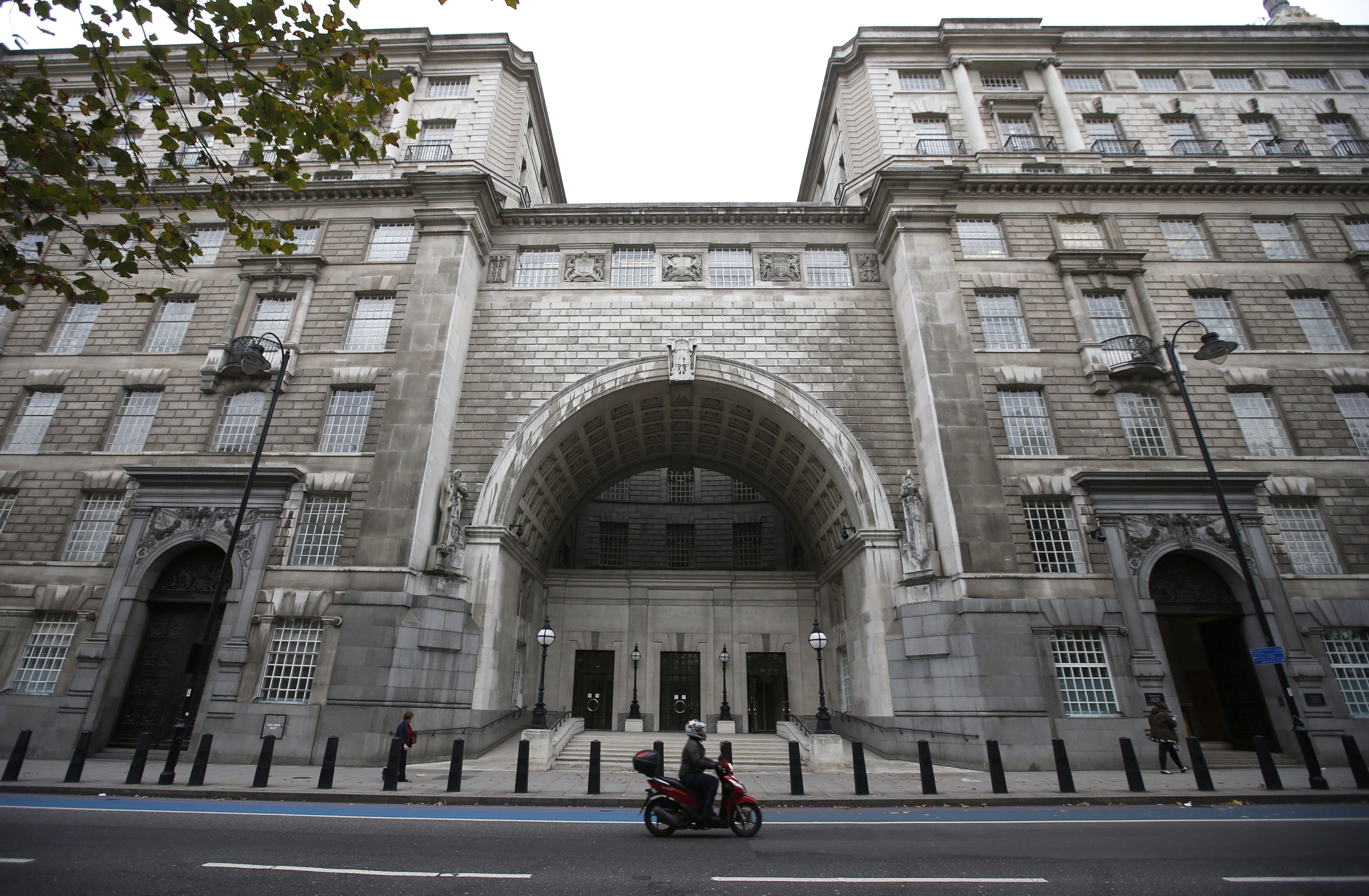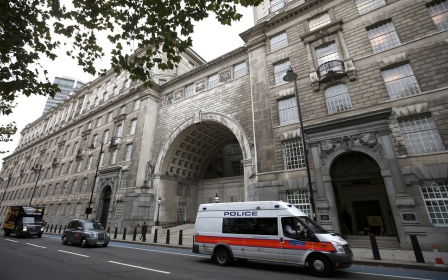UK's MI5 spy agency handled surveillance data unlawfully, court hears

The UK internal security agency MI5 has lost control of the systems where it holds information gathered during espionage operations - including the surveillance of innocent citizens - and is unable to properly access the material, a court in London heard on Tuesday.
An internal agency review warned more than three years ago that storage systems may have become “ungoverned spaces”, which would mean that they were operating in breach of both UK and European law.
Despite this, MI5 continued to build new electronic storage systems which did not allow the agency to review its contents and decide what material should be deleted, as the law requires.
The problems were withheld from the official watchdog, the Investigatory Powers Commissioner, until earlier this year, the High Court was told.
When it did finally disclose the problems, MI5 admitted that not only did it not know what data was stored on one of its systems - known as Technical Environment 2 - its senior officers did not know how their staff were using it.
New MEE newsletter: Jerusalem Dispatch
Sign up to get the latest insights and analysis on Israel-Palestine, alongside Turkey Unpacked and other MEE newsletters
The commissioner concluded that the material had been handled in an “undoubted unlawful manner”, and there are concerns that the warrants that authorised the espionage operations may not have had a lawful basis.
Details of the failings at MI5 were found in documents that were disclosed last week during litigation being brought by a London-based human rights group, Liberty.
'Extraordinary and persistent illegality'
The group is questioning the strength of the safeguards for lawyers and journalists within UK legislation that governs surveillance operations by the UK’s intelligence agencies.
"The documents show extraordinary and persistent illegality in MI5's operations, apparently for many years,” Liberty’s lawyers said in a submission to the High Court. “The full extent of the illegality remains unknown.
“The problems were in some cases identified by MI5’s lawyers and others as far back as January 2016, but were not acted on. The home secretary and prime minister were notified in writing by the director general of MI5 as late as April 2019.”
It was unclear whether material was being properly retrieved during terrorism trials, said Ben Jaffey, counsel for Liberty, nor whether lawyers’ communications with their clients were properly protected. Moreover, he said: “MI5 do not know what data they hold.”
Home Office counsel Julian Milford told the court that the department accepts that there is “a serious compliance risk within MI5”, and that the agency may be in breach of European law.
The disclosed documents show that the investigatory powers commissioner, Sir Adrian Fulford, has dismissed talk of compliance difficulties as a “misleading euphemism”.
He says there has been “an unquantifiable but serious failure” and that warrants authorising surveillance operations have been “granted and judicially approved on an incomplete understanding of the true position”.
The problems centre upon the review, retention and deletion regime - know as RRD - that MI5 uses when assessing the material it holds. It is planning to introduce an automated RRD system.
Both sides agreed that there was no need for the precise technical details of the problem to be aired in open court.
The hearing resumes next week.
Middle East Eye delivers independent and unrivalled coverage and analysis of the Middle East, North Africa and beyond. To learn more about republishing this content and the associated fees, please fill out this form. More about MEE can be found here.




